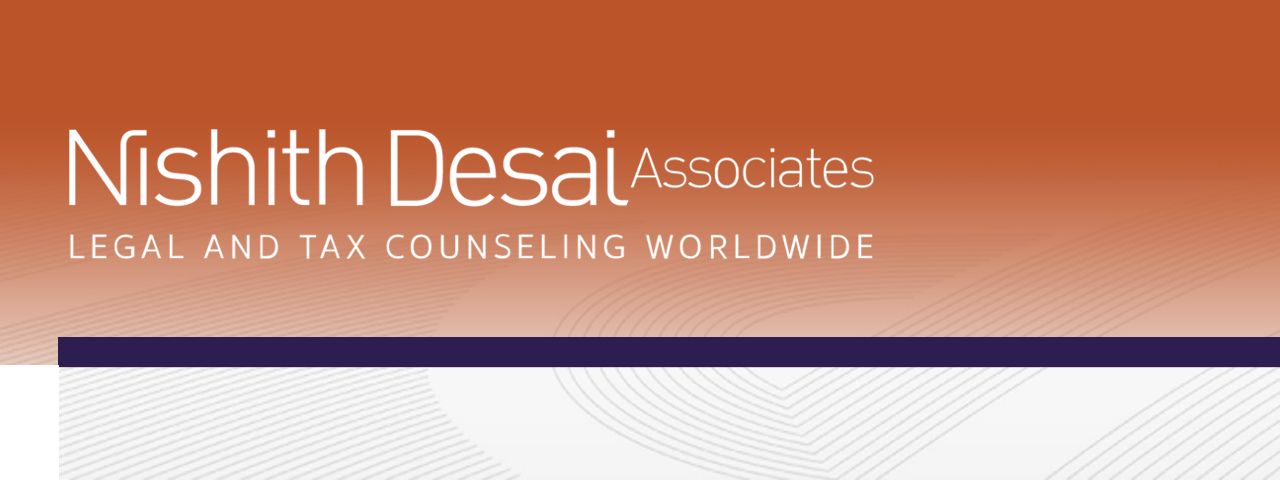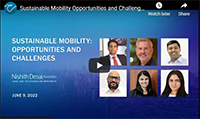|
|
|


Introduction:
Mis selling insurance products is not a new phenomenon. There are many ways in which these products are mis sold but the starting point usually is a customer that doesn’t understand the terms of the policy well and an agent who is either unable to or in some cases, deliberately does not want to, explain the policy correctly. The complexity and sophistication in insurance products is ever increasing. The result is usually a customer that ends up buying and getting stuck with a wrong or even inappropriate product. This may be true for life as well as other insurance policies. The reason for mis selling can also be attributed to the commission structure which is front ended for the agent.
In case of life insurance policies, customers are often stuck with a policy, because of the high surrender costs in some plans. In such cases, customers lose if they stay on and even when they opt out because they end up paying a heavy surrender penalty. The agents rarely suffer. They receive and pocket their heavy commission and laugh their way to the bank. In addition to this, the internet is rife with issues where consumers cancelled policies, which cancellations were not honoured or were charged excessive amounts for things they did not sign up for. While there is some redressal from various sources like the consumer disputes redressal forum or even the IRDA, it isn’t enough to even cause a pause in the rampant mis selling of insurance products and related issues that exists in the Indian market.
Insurance in the USA:
On July 20, 2022, the Securities and Exchange Commission announced1 charges against Health Insurance Innovations (“HII”) and its former CEO Gavin Southwell for concealing extensive consumer complaints about short-term and limited health insurance products offered by HII. According to the SEC’s order, HII and Southwell falsely told investors that:
-
HII held its insurance distributors to high compliance standards, which prohibited distributors from making misrepresentations to consumers about health insurance products offered by HII.
-
HII’s consumer satisfaction was 99.99 percent and state insurance regulators received very few consumer complaints regarding HII.
In reality, HII tracked a large number of dissatisfied consumers who complained that:
-
HII’s distributors made misrepresentations to sell the health insurance products,
-
charged consumers for products they did not authorize, and
-
failed to cancel plans upon consumers’ requests.
The order finds that the products (i) provided minimal health benefits; (ii) did not cover pre-existing conditions, prescriptions, and hospital care; and (iii) were not considered qualifying health coverage under the Affordable Care Act, leaving many consumers with unpaid medical bills when they sought treatment.
Interestingly, the approach and reasoning of the SEC was noteworthy as it was also based on ESG-related considerations which were evident from the comments of Stacy Bogert, Associate Director of the SEC’s Division of Enforcement who said:
-
"Access to healthcare and consumer satisfaction are increasingly important considerations to investors."
-
"It is critical that disclosures are truthful and complete, and we will hold companies and their executives accountable for misleading investors about these factors."
The SEC’s order also found that HII and Southwell violated certain antifraud and reporting provisions of the federal securities laws and Southwell profited by selling HII stock when it was inflated as a result of the misconduct. Without admitting or denying the SEC’s findings and allegations, HII and Southwell agreed to a cease and desist order, HII agreed to pay an $11 million penalty, and Southwell agreed to pay more than $1 million in penalties, disgorgement, and interest to settle the charges.
Who is HII?
HII is a NASDAQ-listed cloud-based technology platform and distributor of health insurance products. HII also assists in the development of insurance products with insurance companies and provide access to these products through a broad distribution network of third party licensed insurance agents.
Discussion:
While one may argue that the SEC possibly intervened solely on account of the fact that this was a listed entity making false statements to investors, this order demonstrates the power of ESG-related issues as they force regulators to think beyond the strict boundaries that govern them; its blurs them and potentially has the power to extend jurisdiction that they enjoy. At the very least, it will require regulators to cast aside traditional silo mindsets and enhance cooperation. In this case, the SEC’s Associate Director specifically mentioned that “access to healthcare” and “consumer satisfaction” to be of increasing importance to investors.
Imagining a parallel in the Indian context would be somewhat akin to SEBI hauling up an insurance company / its distributor / an online marketplace on issues pertaining to mis selling of insurance products. The thought itself is mind boggling as it is something that, on the face of it, falls within the domain of the IRDA.
In India, it is now fairly common to have insurance products compared and sold online by some online marketplaces. All a potential customer needs to do is insert the nature of product they wish to buy and the platform throws up some comparisons from various competing insurance companies and permits the customer to choose what product they wish to purchase based on the options available. It is quite rare for customers to go into and understand the fine print and the exact terms of the product in question. The absence of human interaction may also be considered a concern since any immediate queries aren’t addressed and customers, who are hard pressed for time, would rather hit a few clicks and get the product that appears to do the job best, without understanding the devil which lies in the detail. As with all insurance products, the true test of the product purchased will only be seen when it is tested, and the claim is actually made.
Online availability of insurance products have led to a surge in purchase of these products across the country. While the insurance companies have enjoyed the increased sales in quantity, they must also ensure quality for sustainable growth. One way to ensure quality is by focusing on building trust and ensuring that the customers are not short-changed by click bait purchasing. The companies must ensure that the nitty-gritties of the policy are communicated well to the customers (possibly in local languages as well). The companies must also adopt a robust data security policy such that the personal data of the policy-holders is not compromised or misused in any form and manner.
Further, it would be important to ensure that individual insurance companies are not working in tandem with online marketplaces to unfairly promote and sell insurance products to customers who are relying on these marketplaces to provide them with an unbiased opinion and comparison of insurance products available in the market.
– Sahil Kanuga, Arjun Gupta & Mohammad Kamran
You can direct your queries or comments to the authors
Disclaimer
The contents of this hotline should not be construed as legal opinion. View detailed disclaimer.
Research Papers |
NDA ConnectConnect with us at events,
|
NDA Hotline |


